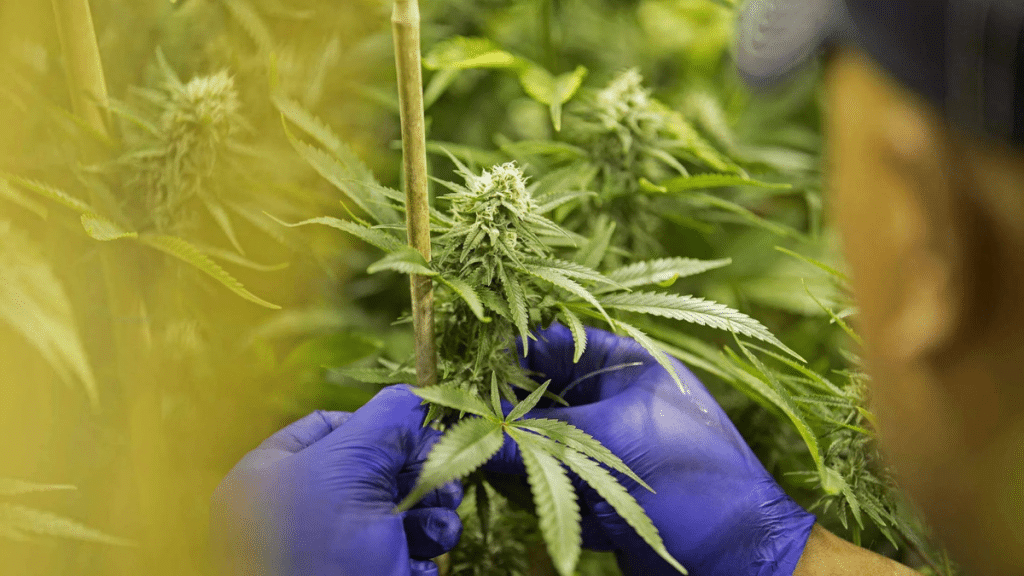As Europe accelerates toward cannabis legalisation, the UK faces a pivotal moment. Germany’s partial legalisation in 2024, alongside emerging reforms in Malta, Luxembourg, and Swiss pilot programmes, has intensified the debate in Britain. For London – the UK’s financial and innovation centre – the establishment of a legal cannabis market could mean unlocking fresh economic opportunity and asserting global influence.
The UK Legal Framework and Public Opinion
Cannabis remains a Class B drug under the Misuse of Drugs Act 1971, with possession punishable by up to five years in prison. Although medical cannabis was legalised in 2018, NHS access remains extremely limited, with most patients forced to turn to private clinics where treatment can cost hundreds of pounds per month.
Yet public opinion continues to shift. According to a 2022 YouGov poll, 52% of UK adults support recreational cannabis legalisation, while 63% support expanded access to medical cannabis. A 2023 parliamentary survey also found that the majority of MPs now support a review of cannabis policy.
Europe Leading the Way
The UK’s caution stands in contrast to major developments across Europe. Germany’s phased legalisation allows personal possession and cultivation, while Switzerland is piloting recreational cannabis sales in major cities. Malta and Luxembourg have already permitted personal use and home cultivation.
Research from the Transform Drug Policy Foundation shows that regulation – when designed with public health in mind – reduces illicit market activity, limits youth access, and generates tax revenue.
London’s Strategic Position
London’s economic infrastructure gives it a unique head start. The city is home to a growing cluster of cannabis-adjacent businesses, including wellness startups, legal consultancies, and biotech firms working on cannabinoid therapies.
Global seed providers like Herbies Seeds, which supply licensed cultivators worldwide, have reported rising interest in strains adapted to Britain’s cool, temperate climate – a trend suggesting long-term preparation for domestic cultivation.
Economic Opportunity and Market Projections
According to a 2023 report by Prohibition Partners, the UK cannabis market could generate £2.3 billion annually by 2028 and support over 100,000 jobs. In parallel, global industry forecasts suggest cannabis will become a $553 billion market by 2028, with Europe playing a leading role.
For London’s property market, this could spark a wave of investment in underused commercial spaces. Industrial estates could be converted into indoor farms, research labs, or distribution centres, while high-street storefronts may accommodate dispensaries, wellness boutiques, or cannabis education hubs.
Regulatory and Financial Barriers
Despite the promise, the road to legalisation is far from clear. Recreational cannabis remains illegal, and there is no comprehensive regulatory framework in place. The Misuse of Drugs Act would require substantial reform, and the banking sector remains wary due to international legal uncertainty.
Social equity also presents a challenge. As seen in the US and Canada, early legalisation efforts often benefit large corporations while overlooking communities historically impacted by prohibition. To avoid repeating those mistakes, the UK would need to embed social justice into its licensing, education, and reinvestment strategies.
How London Can Prepare
If London is to lead the UK’s transition into a legal cannabis economy, preparation must begin now. That includes:
- Creating frameworks for local licensing, zoning, and oversight
- Supporting public–private partnerships focused on innovation and inclusion
- Investing in research, especially in life sciences and cannabis-based medicine
- Encouraging educational initiatives that inform both consumers and stakeholders
London’s financial institutions, universities, and professional networks could help develop a uniquely British approach to legalisation – one that prioritises health, equity, and economic resilience.
What Comes Next for the Capital
Cannabis reform in the UK no longer seems hypothetical. Whether through decriminalisation, expanded medical access, or full legalisation, policy is likely to evolve. For London, this presents an opportunity not only to adapt, but to lead.
With its deep capital markets, global reach, and regulatory expertise, London has the tools to shape a legal cannabis market that is both profitable and principled. The question now is whether it will act before others do – or be forced to follow in their footsteps.
